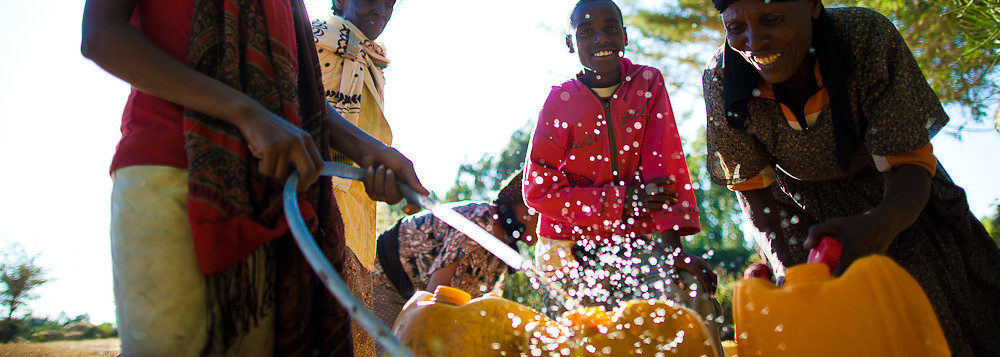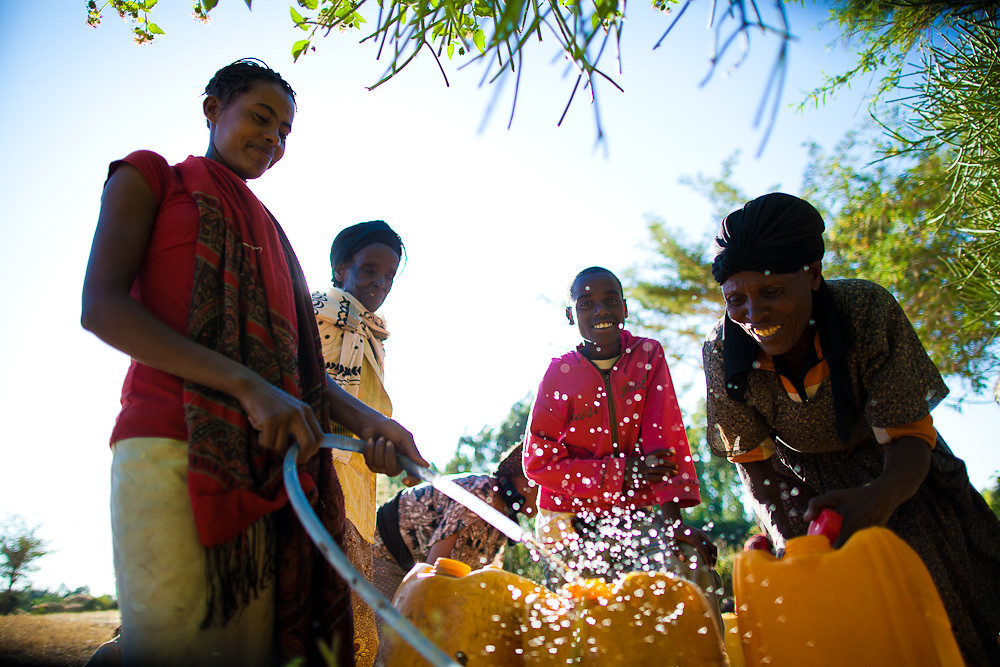Published: 07/08/2021
Typhoid fever, the disease that killed Leland Stanford Jr. at the age of 15 nearly 140 years ago, continues to kill. The Institute for Health Metrics and Evaluation estimates that in 2017, 116,000 people died from this infection, which is caused by the bacteria Salmonella Typhi. While effective antibiotics have dropped mortality from more than 12% to less than 1% in most regions, antibiotic-resistant typhoid is on the rise, especially in dense urban areas of South Asia and Africa. Vaccines help reduce the burden of typhoid, but will be most effective when used alongside other strategies like improved sanitation and hygiene.
This project will explore shared urban water sources in Liberia, the first country in Africa to roll out a new typhoid conjugate vaccine, as a possible source of typhoid transmission using typhoid-specific bacteriophage surveillance. This lower-cost approach could help policymakers direct resources to the most effective interventions, such as allocation of vaccines or improving the municipal water supply.
We are excited to support and work together with our colleagues at the National Public Health Institute of Liberia and Liberia Ministry of Health for the benefit of the Liberian people
Principal Investigator Seth Ari Sim-Son Hoffman
“We are excited to support and work together with our colleagues at the National Public Health Institute of Liberia and Liberia Ministry of Health for the benefit of the Liberian people,” said principal Investigator Seth A. Hoffman, MD. “We hope these data will serve to focus typhoid surveillance and control efforts and support the evaluation of typhoid conjugate vaccine introduction in Liberia and globally.”
Principal investigators: Seth Ari Sim-Son Hoffman, Stephen P. Luby, Jason Andrews, Alexandria Boehm
Photo Credit: USAID, Flickr

